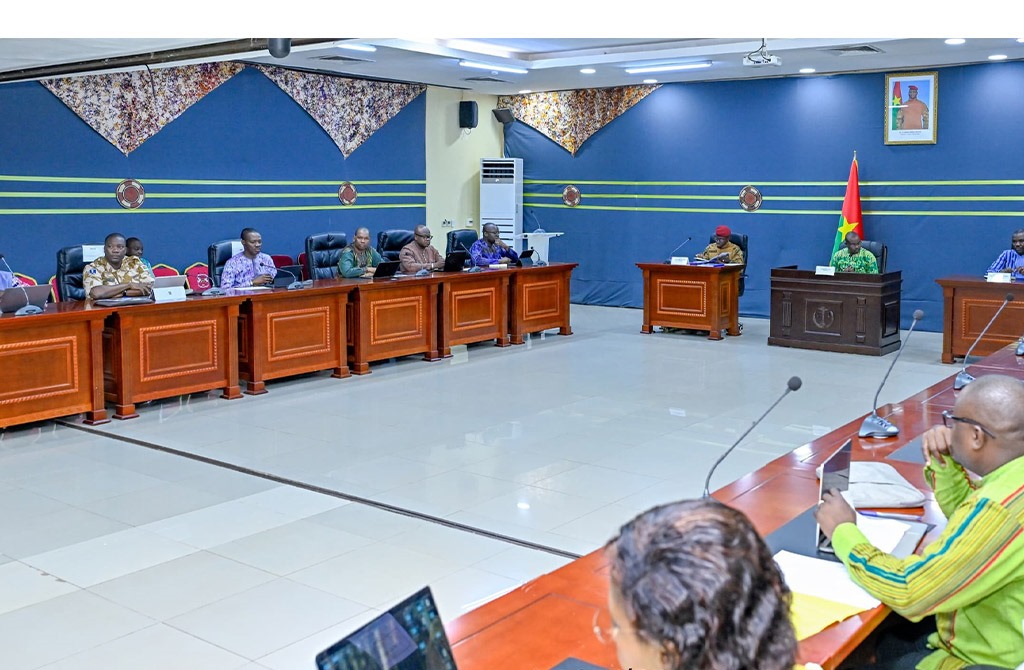Burkina Faso turns to Public-Private partnerships to boost development

Confronted with significant economic and security challenges, Burkina Faso is increasingly relying on public-private partnerships (PPPs) as a strategic tool to advance its development agenda.
The government recently approved a comprehensive PPP portfolio comprising twenty mature projects ready for implementation, along with several others in the pipeline, all aligned with national priorities and designed to address the population’s most pressing needs.
The selected sectors including transportation, energy, water, housing, health, and education reflect the country’s most critical development gaps.
Burkina Faso’s economic renaissance : Public-private synergy drives reform agenda
Burkina Faso’s infrastructure deficit, limited access to essential services, and rapid population growth demand swift and structured solutions.
PPPs offer a viable approach by allowing the government to leverage private sector resources, expertise, and innovation while maintaining focus on social objectives.
A key advantage of the PPP model lies in its risk-sharing mechanism between the state and private partners, coupled with accelerated project delivery.
To ensure transparency and long-term viability, stakeholders have implemented several safeguards: establishing dedicated PPP units within relevant ministries to enhance coordination, creating funding mechanisms for feasibility studies, and adopting strict criteria for partner selection and financing models to safeguard public finances.
Beyond infrastructure development, these partnerships are expected to facilitate skills transfer, create employment opportunities, and stimulate local economies.
This approach enables the government to concentrate on its core functions while benefiting from private sector efficiency.
In the current context of Burkina Faso, where every investment must yield maximum impact, PPPs represent a pragmatic pathway toward sustainable and inclusive development.
The government’s structured approach aims to balance urgent needs with fiscal responsibility, setting a framework for transformative projects that can improve living standards while maintaining economic stability.
The success of this initiative could serve as a model for other nations facing similar development challenges.
Maurice K.ZONGO






